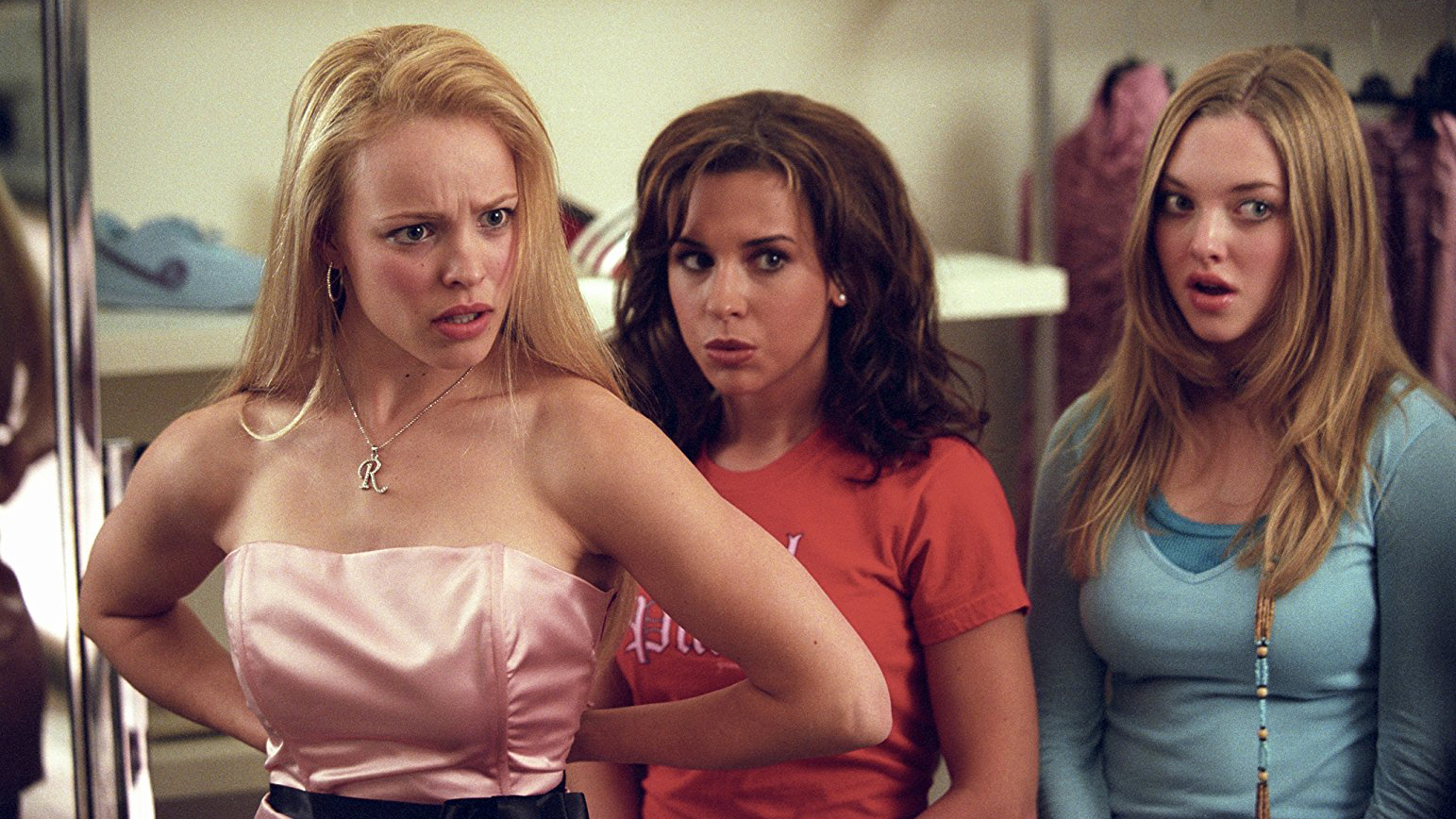When you think of popularity, what is the first thing that comes to mind? Likeability, being admired, maybe Regina George?
At secondary school you almost certainly had a Mean Girls complex. This doesn’t mean that you necessarily had an equivalent of ‘The Plastics’ or someone as wonderfully terrible as Regina, but it’s likely that there were certain cliques.
At school, cliques are inevitable. In a constricted environment it’s natural for teenagers to quickly form groups. The painfully embarrassing experience of puberty seems to treat some more kindly that others and, as a result, the ‘cool kids’ soon emerge and subconsciously label themselves as the elite.
Leaving school at eighteen can be a big relief – freedom at last. You feel that you can reinvent yourself at university. No one will know about that embarrassing time you dropped your dinner tray in the dining room and baked beans spilled everywhere. No one will remember your year and a half of ‘brace face’ and all those great photos you took regardless. University can feel like you are turning over a new leaf on the social tree. So, does that mean popularity doesn’t exist at all at uni?
Ever heard of a BNOC? Well, now you have. BNOC, for anyone who doesn’t know, stands for ‘Big Name On Campus’. You know those people who everyone seems to know but no one exactly knows why? Those are your BNOCs. Maybe it’s someone who’s into university politics, or the head of a society or sports team. It could even be someone who attends Fruity more regularly than their lectures.
BNOCs, however, aren’t exactly like ‘the populars’ at school. University is almost too big to produce such celebrities. Our uni alone has over 30,000 students, making it borderline impossible to have a popular group.
Many think that, in adulthood, popularity is left behind, but I’m not sure this is entirely true. It’s tempting to say that adult maturity makes the work place a completely popularity-free zone and that social perception doesn’t affect anything at all.
But, unfortunately, this isn’t always the case.
It is almost certain that popularity exists in the work place, but this isn’t always a bad thing. If a person in a position of responsibility is popular, surely it means that they are treating their employees well and are respected as a result? The problem comes when certain employees use their popularity to their advantage and to the detriment of others or their work. When workers manage to charm their way out of doing a job or to ascend the career ladder faster, it can be frustrating for the ‘nice guys’ who are often the real hard workers, albeit with a few less friends.
If you define popularity as likeability, then you’re going to find that it exists no matter what environment you’re in. However, popularity isn’t always what it’s cracked up to be. You don’t have to be the most ‘popular’ person at work or uni to have the nicest or the most loyal friends.
The most important thing is to keep your genuine friends close, and not worry about everyone else.
Emma Prentice

